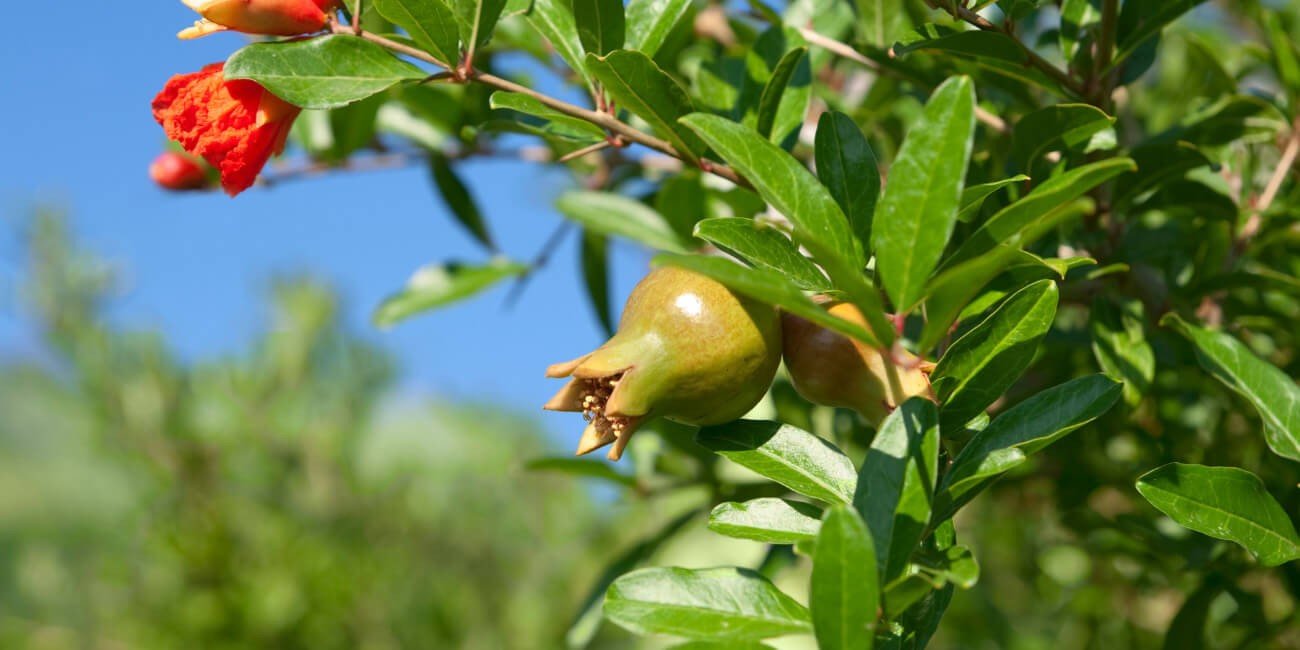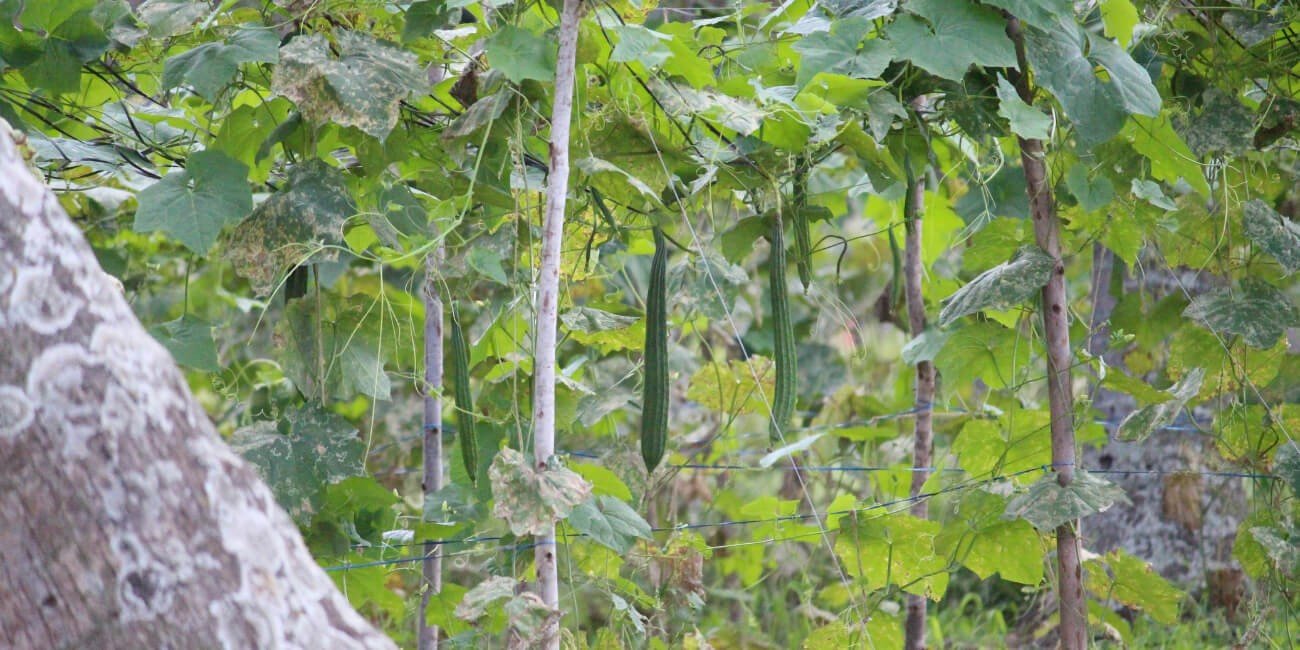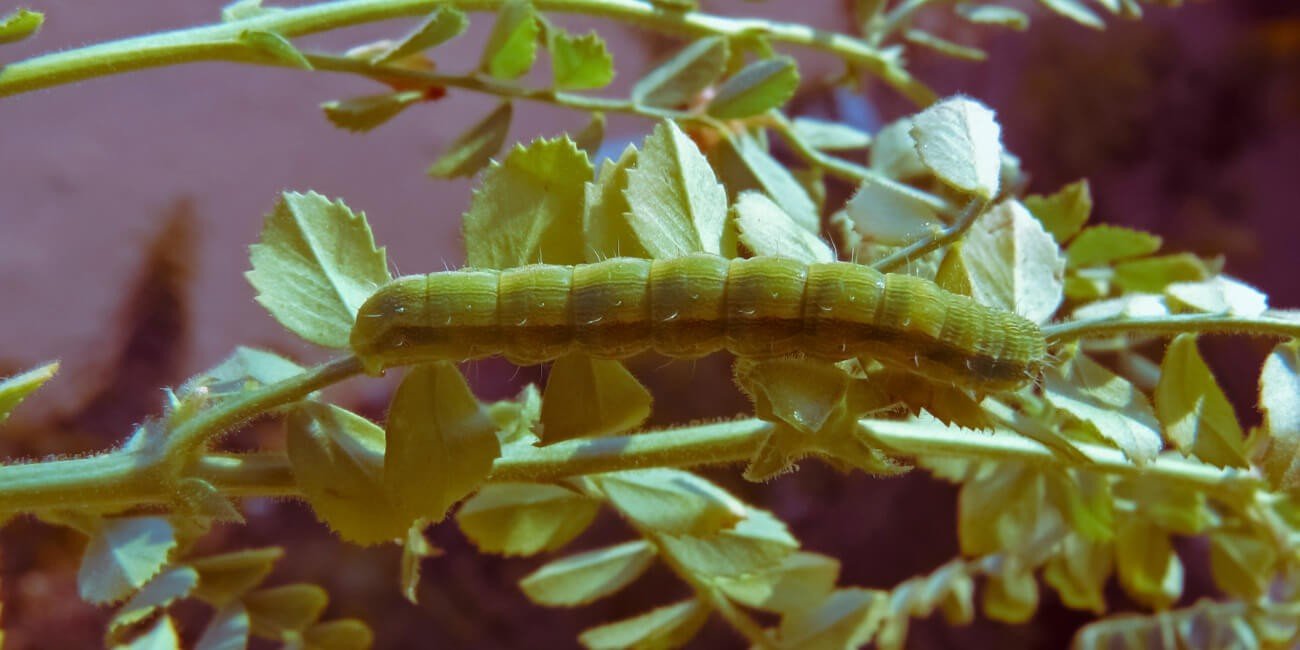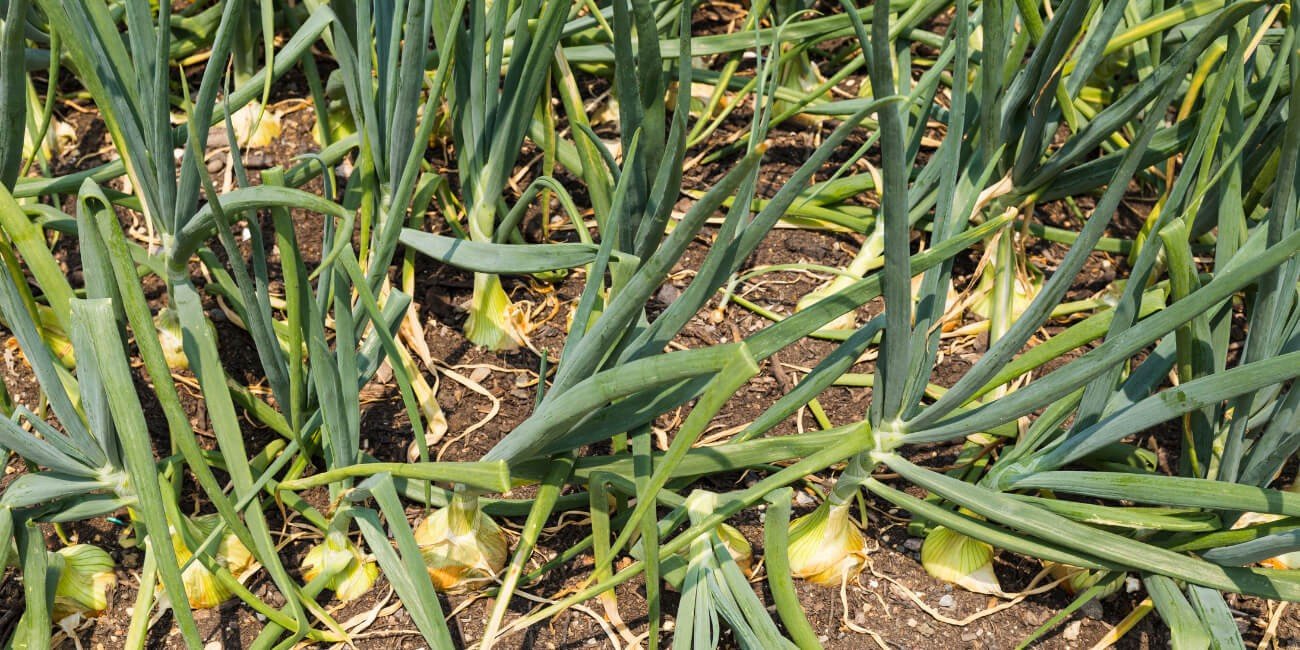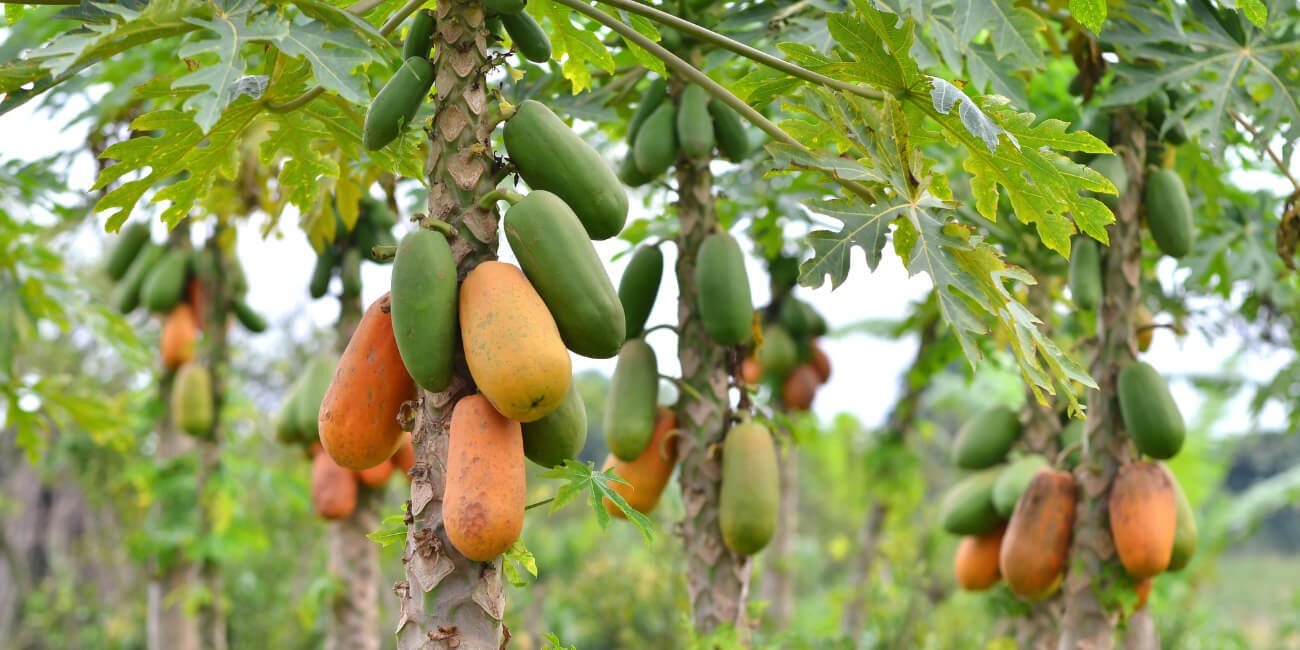The Ginger Nematode: Why You Should Care and What You Can Do
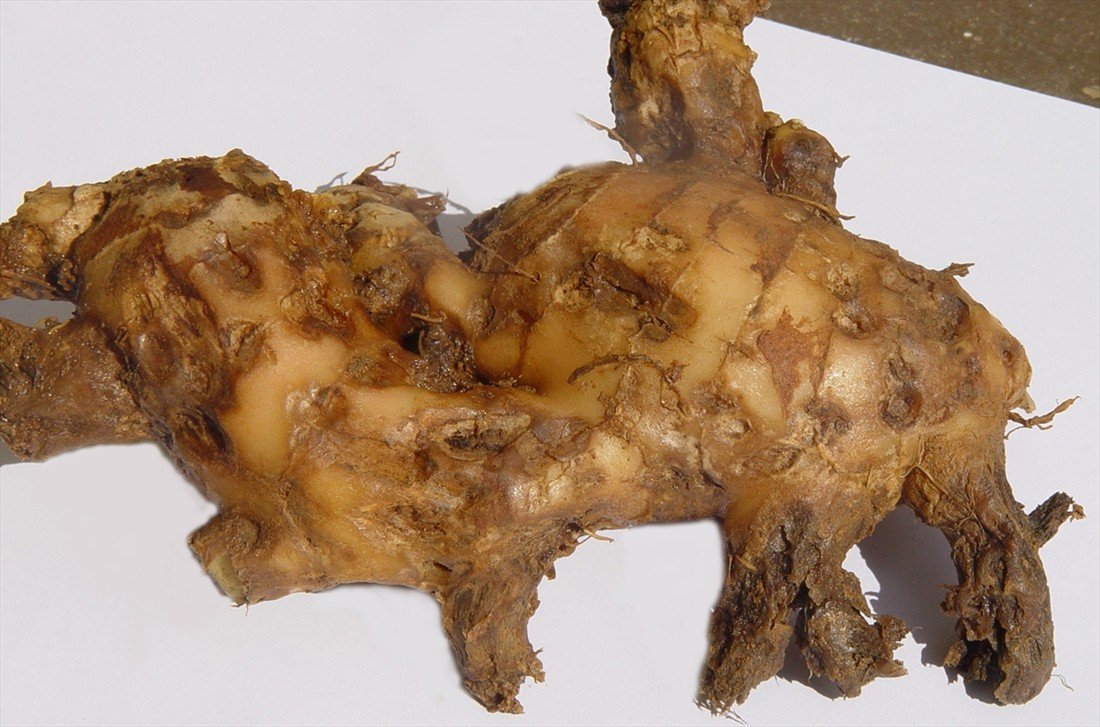
The Ginger
Nematode: Why You Should Care and What You Can Do
1.
Introduction
The Ginger Nematode is a species of plant-parasitic nematode
that is native to East Asia. It was first discovered in China in the early 20th
century and has since spread to other countries in the region, such as Japan,
Korea, and Taiwan. The Ginger Nematode is considered to be a major pests of
ginger and other members of the Zingiberaceae family.
The Ginger Nematode is a serious problem because it is very
difficult to control. Chemical control methods are expensive and often
ineffective. The only way to prevent the spread of the Ginger Nematode is to use
chemical free , bio nematicide like Royal Nema and Pac Nano powder .
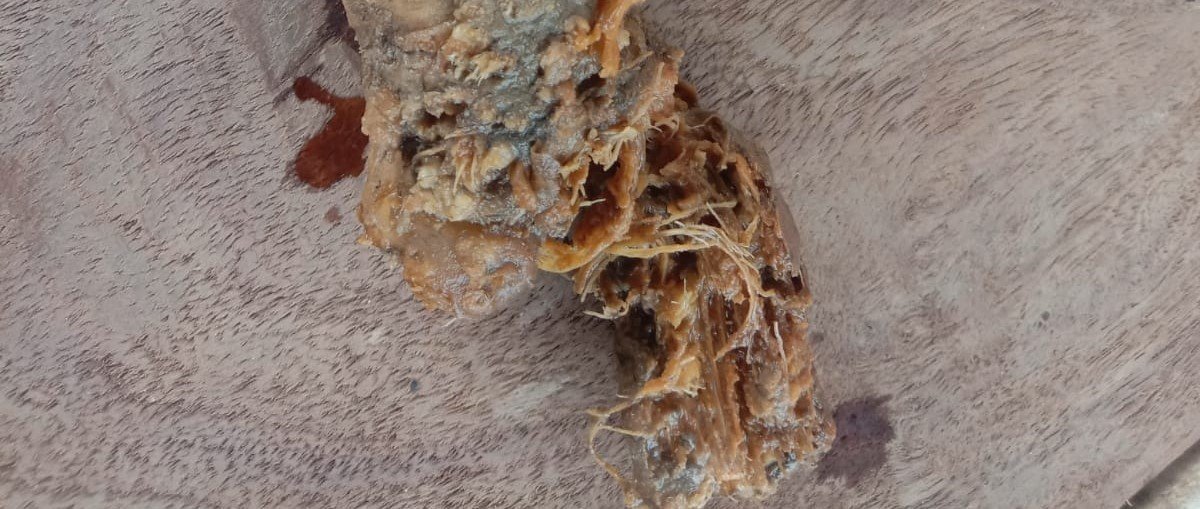
2.
What are ginger nematodes?
Ginger nematodes are microscopic worms that feed on plant
roots and are capable of great destruction. They attack the roots of plants,
resulting in stunted growth and decreased yields of crops. In some cases, the
entire crop may be destroyed.
The Ginger Nematode is especially devastating for ginger and
other members of the Zingiberaceae family, including turmeric and cardamom. The
economic impact of the Ginger Nematode in East Asian countries is staggering;
in India, for instance, the annual production loss is estimated to be around
$100 million.
Ginger nematode infestations are very difficult to control. Chemical control methods are often expensive and ineffective. The only way to prevent the spread of the Ginger Nematode is to use chemical free , bio nematicide like Royal Nema and Pac Nano powder .
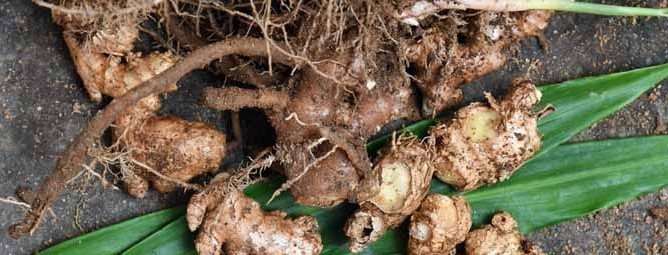
3.
Why should you care about ginger nematodes?
Ginger nematodes pose a serious threat to agricultural
production in certain regions around the world. They can cause stunted growth,
decreased yields, and even the complete destruction of crops in extreme cases.
Ginger Nematodes can also spread to other crops in the same
area, creating a domino effect that can cause significant losses over time.
- Root-knot nematode feed on tender rhizomes, roots and
base of pseudostem causing stunting, chlorosis, poor tillering and
necrosis of leaves are the common aerial symptoms.
- Characteristic root galls and lesions that lead to
rotting are generally seen in roots.
- The infested rhizomes have brown, water soaked areas in
the outer tissues.
- Nematode infestation aggravates rhizome rot disease.
Therefore, it is essential for individuals, organizations,
and governments to take steps to prevent the spread of the Ginger Nematode and
to mitigate its effects. This can include educating farmers on the risks of
spreading and infesting new crops, implementing natural pest control methods,
and encouraging integrated pest management systems. Understanding the
importance of the Ginger Nematode is the first step in taking the right steps
towards prevention and addressing the problem.

4.
What can you do to help prevent the spread of ginger nematodes?
Individuals, organizations, and even governments, can take a
few steps to help prevent the spread of ginger nematodes. Firstly, they can
educate farmers on the risks of spreading and infesting new crops. Secondly,
they can implement natural pest control methods, such as beneficial pest
predators, and encourage integrated pest management systems Like Nematode
control kit by Fertifine :- https://fertifine.com/product/nematode-fixing-kit.
Organic farming can be particularly effective in managing
the spread of ginger nematodes as integrated pest management systems and
natural pest control measures have systemic effects that can help protect farms
from any future infestation. Farmers should also rotate their crops every few
years to have a more diverse plantation and introduce crop-resistant varieties.
Farmers should also consider using barriers such as sand
barriers and raised beds to help reduce the spread of ginger nematodes. If
possible, farmers should also limit the amount of soil movement and transport
of infested soil from one farm to another.
Finally, governments should also provide assistance and
subsidies to farmers to help them implement integrated pest management systems
and to use more organic farming methods. Through a combination of legislation,
subsidies, and awareness-raising, governments can help farmers prevent the
spread of ginger nematodes.
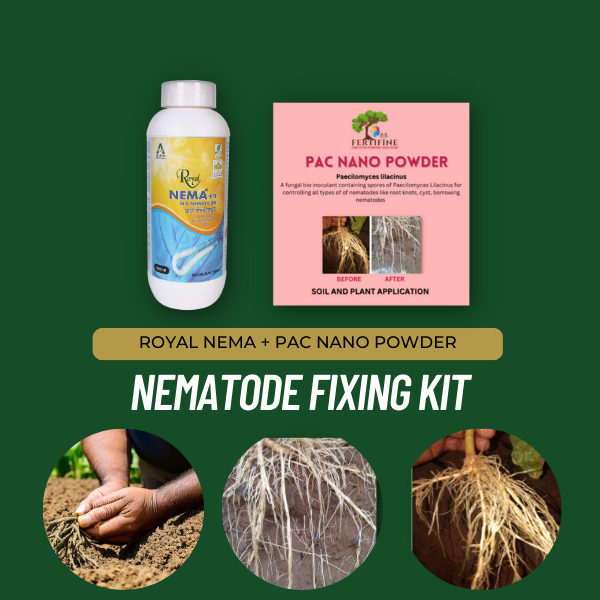
Recent Posts


